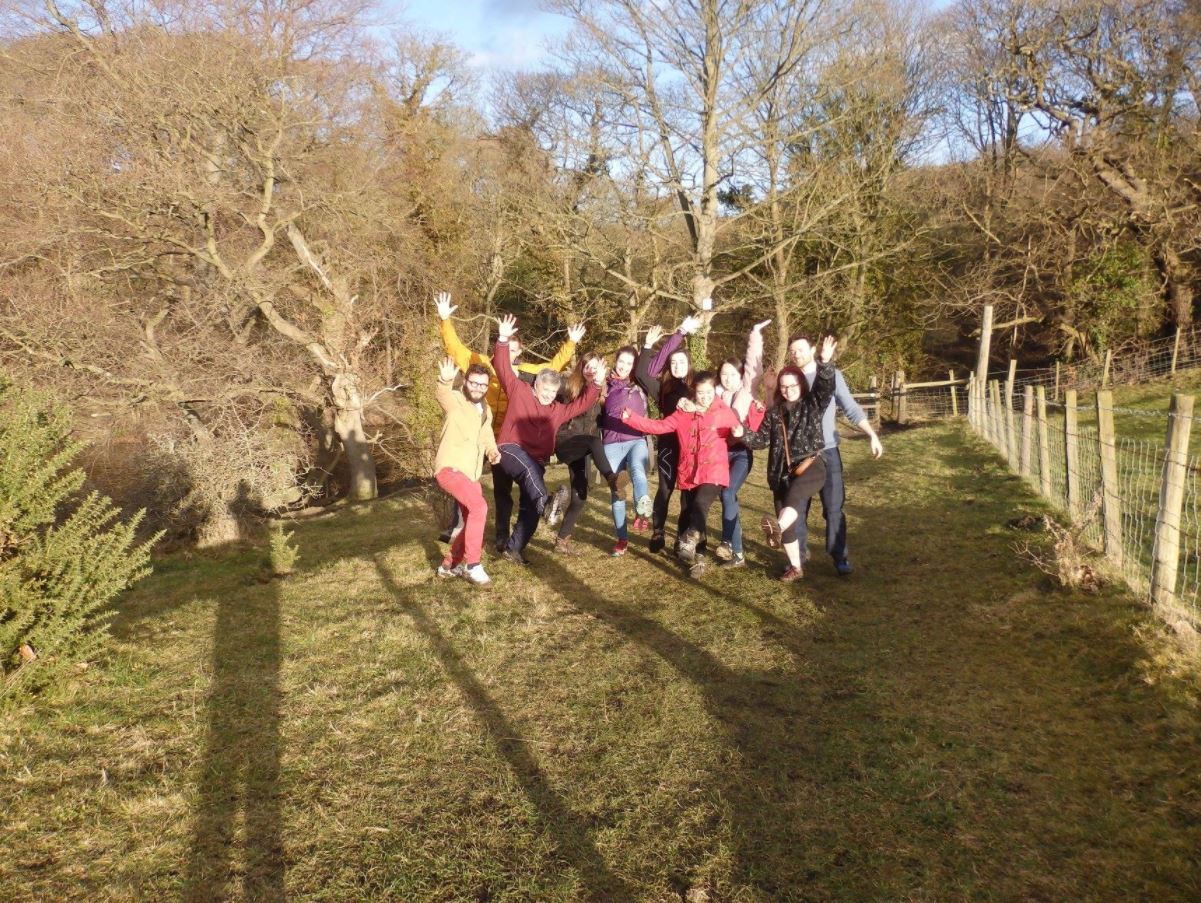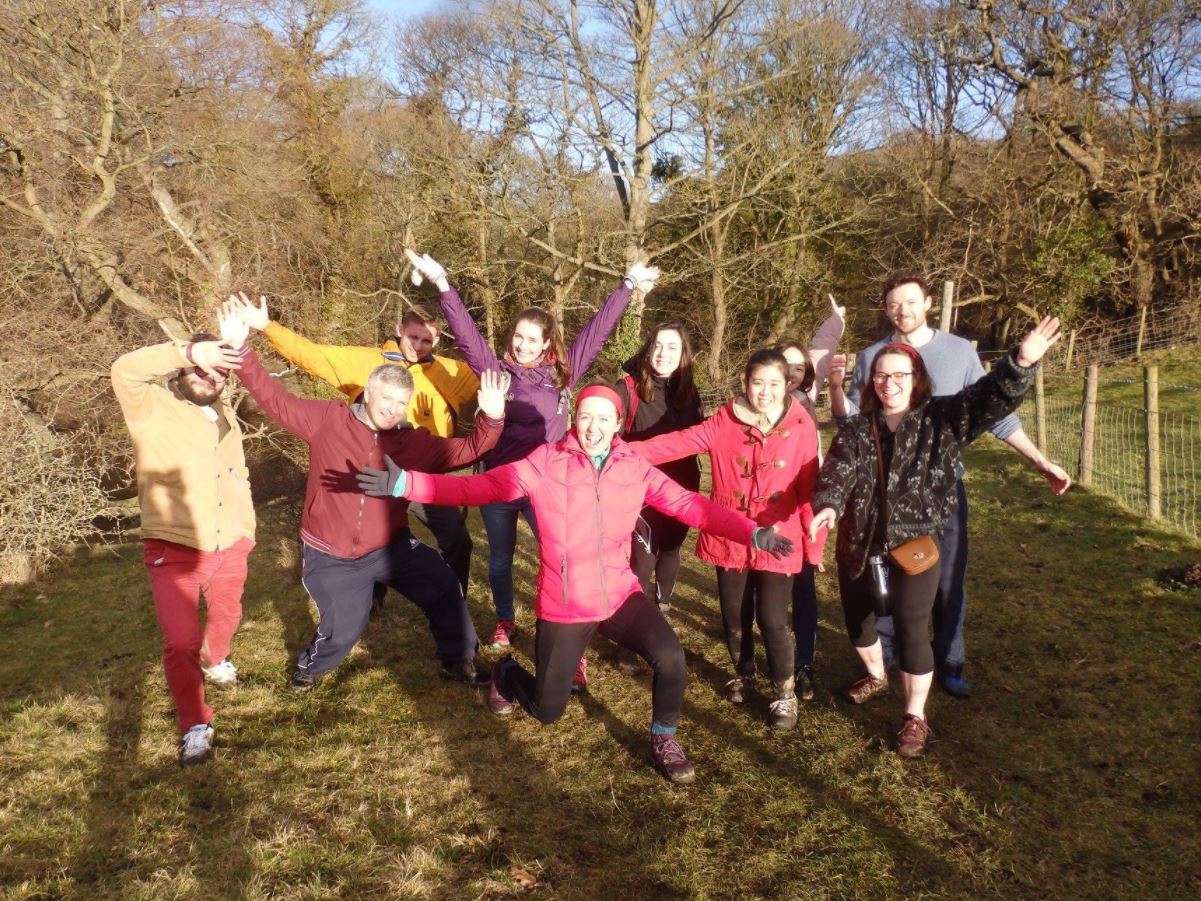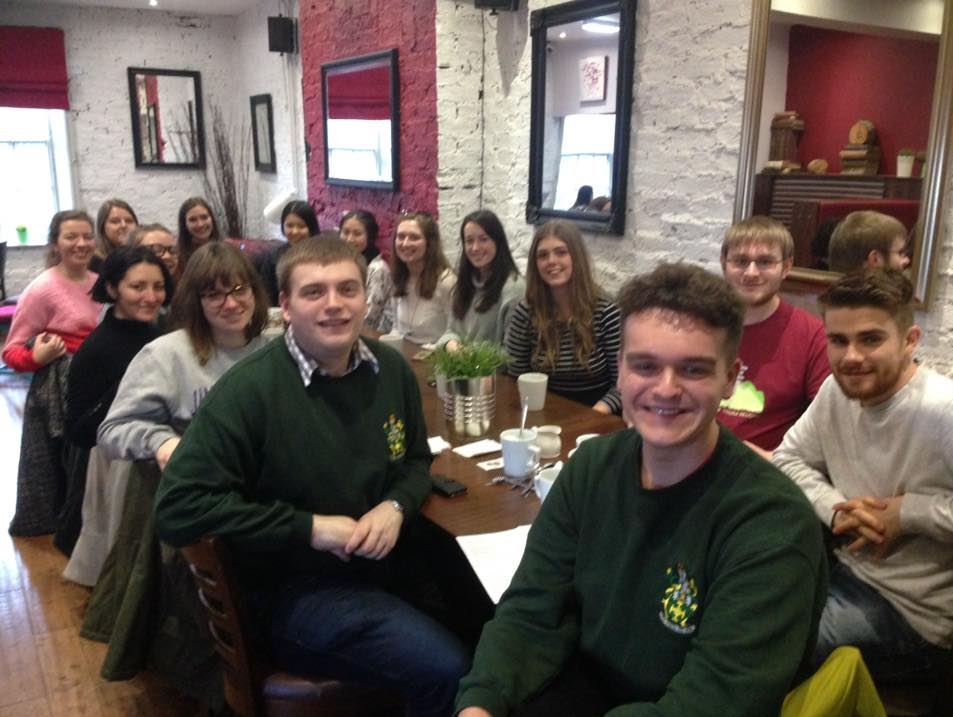Professor Tony Chapman and Dr Tanya Gray are starting a new project for the Power to Change Research Institute on trading interactions amongst community businesses in Bradford, Hartlepool and Middlesbrough.
The term ‘community business’ (CB) includes a range of organisations including: Companies Limited by Guarantee, Cooperatives and Community Benefit Societies, Community Interest Organisations, Community Interest Companies and Registered Charities. Some CBs have been operating for decades while others are relatively new, emerging from, for example, as set transfer programmes. While some community businesses are large, employing many staff, the majority are quite small.
set transfer programmes. While some community businesses are large, employing many staff, the majority are quite small.
Most CBs rely primarily upon trading to sustain their activity. Trading includes sales of space, self-generated services that meet the identified needs of the local community or manufactured goods, and through the delivery of services for other organisations. Because they also tend to rely on grants and in-kind support from other organisations, we need to know how that affects their approach to earning income from trading.
The principal aim of the research is to explore the extent to which community businesses build beneficial relationships with other community businesses – thereby strengthening each other’s financial situation and deepening their contribution to local economy and society.
Examples of such interactions may include opportunity signposting and appraisal, customer referral, inter-trading, sharing facilities or kit, partnership bidding for grants or contracts, skills-exchanges, media and public relations initiatives, informally sharing the burden of roles in representation on boards and committees, and so on. These interactions may produce indirect or direct financial benefit.
In the research we intend to explore the range and depth of relationships CBs establish and find out how they were initiated and became embedded over time. We also want to find out if these trading relationships are more effective in meeting ‘local needs’ and being ‘locally accountable’ than other charities or private businesses. Finally, it will be useful to find out what kinds of support CBs may need to build stronger relationships with other CBs in their locality and explore how and by whom such support be best delivered.
Knowing how and why some CBs successfully build and sustain positive working relationships with other CBs will help gauge the scope for and benefits to be gained from intensifying positive, trusting and mutually beneficial trading relationships. In disadvantaged areas, where there may be fewer private sector businesses, such interactions could produce significant economic and social benefit by retaining resources within the community.
Indirectly, CBs may benefit significantly if funders and development organisations such as Power to Change become aware of the benefits of promoting or engendering certain types of CB-to-CB interactions and thereby deepen the quality, volume and depth of positive interactions.
Communicating the benefits of CB-to-CB interactions may help to encourage more of this kind of activity – but only when we can be sure that the circumstances leading to the establishment of such relationships are identifiable, understood and replicable.
The research begins in March 2018 and will conclude in April 2019 with a series of reports and events to communicate the key messages.




 set transfer programmes. While some community businesses are large, employing many staff, the majority are quite small.
set transfer programmes. While some community businesses are large, employing many staff, the majority are quite small.